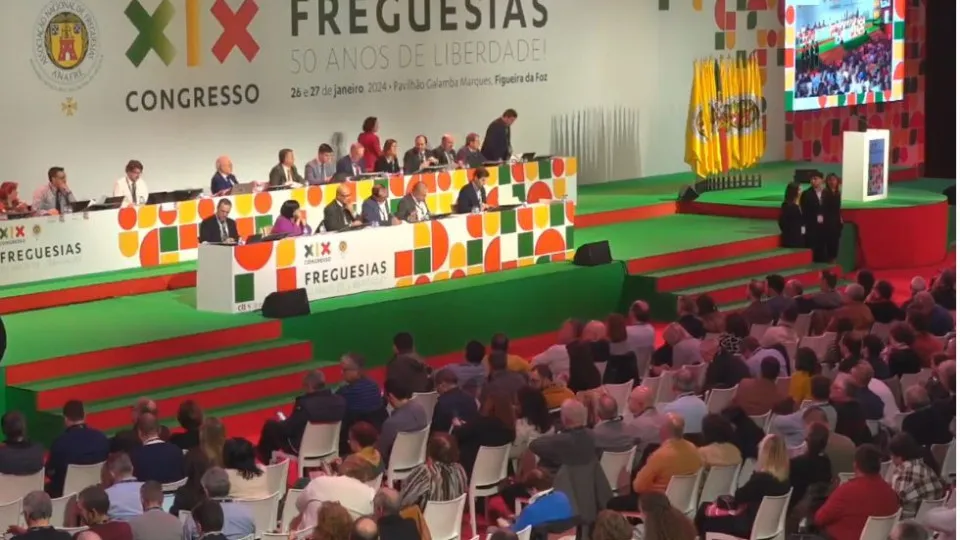
“This is a legal change that must be accomplished in this house [Assembly of the Republic] to ensure a resolution,” declared Luís Newton, vice-president of Anafre, in Parliament today while responding to questions from Chega.
According to the official, the current law “has a limitation and a gap regarding the authority given to parish presidents—it neither anticipates nor classifies—their capacity to reject what are mere findings of information provided to them.”
“There is no legal provision allowing parish presidents to have direct opposition to the issuance of residency certificates. (…) There is no direct legal provision that stipulates that the parish president, under specific circumstances, can refuse to issue the certificate,” he stated, emphasizing that opinions requested from the Regional Coordination and Development Commissions (CCDR) “indicate that, under the law, he [the parish president] is obliged to issue it.”
Luís Newton highlighted that the current law “unfortunately” stipulates that when faced with a certificate request, the parish president “can only certify that someone has approached them and claimed” to reside in their parish.
“Therefore, parish presidents and Parish Councils are not given the legal tools to investigate and verify beyond what [the applicant] asserts. This is the weakness of the certificate, and the law here in this house must urgently be amended,” he added.
The official believed the current model allows for the falsification of residency to justify an address in Portugal, which is essential for immigrants seeking legalization, “as it has permitted the formation of true networks making this type of testimony profitable for the certificates themselves.”
Luís Newton also noted that there are local authorities reporting to the Public Prosecutor’s Office the accumulation of certificates at addresses where the alleged residents “exceed the acceptable and identifiable number,” but “the Public Prosecutor’s Office itself lacks the legal framework to act on that information.”
“But this occurs in parish councils with robust legal structures to support the subsequent process of opposition or contestation from those also requesting the certificate’s issuance, something most parish councils do not have,” he added.
Anafre was heard in Parliament today as part of the discussion on the State Budget proposal for 2026.




